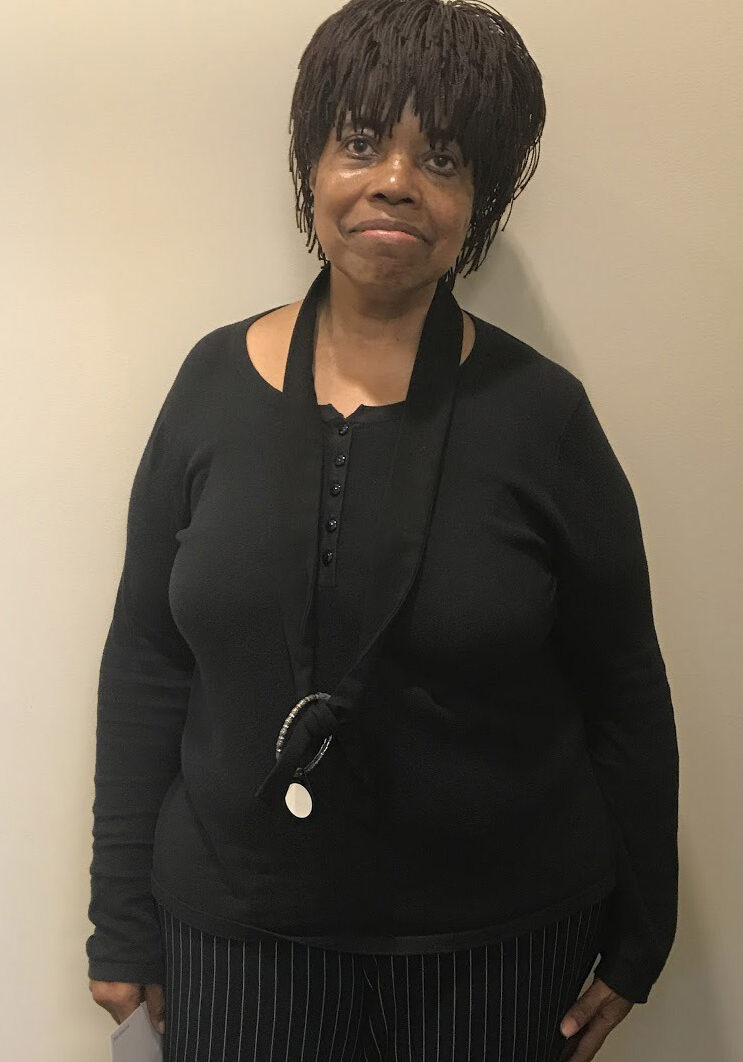The Ripple Effect:
What About the Children?
According to Childtrends.org, “Children without stable homes are more than twice as likely as others to repeat a school grade, be expelled or suspended, or drop out of high school. A quarter or more of homeless children have witnessed violence, and more than half have problems with anxiety and depression. Family homelessness may result in children’s separation from their parents — either because children are formally placed in foster care, or because parents leave children in the care of relatives and friends.”
The Atlanta Children’s Shelter states that there are approximately 2,500 homeless children in Atlanta on any given night.
Housing is Healthcare
The role of housing to healthcare is dramatic. Nothing demonstrates that more simply than a look at mortality rates. According to the National Health Care for the Homeless Council:
The New England Journal of Medicine states, “The role of social determinants of health, and the business case for addressing them, is immediately clear when it comes to homelessness and housing. The 1.5 million Americans who experience homelessness in any given year face numerous health risks and are disproportionately represented among the highest users of costly hospital-based acute care. Placing people who are homeless in supportive housing — affordable housing paired with supportive services such as on-site case management and referrals to community-based services — can lead to improved health, reduced hospital use, and decreased health care costs, especially when frequent users of health services are targeted. These benefits add to the undeniable human benefit of moving people from homelessness into housing.” 1
1 Kelly M. Doran, M.D., M.H.S., Elizabeth J. Misa, M.P.A., and Nirav R. Shah, M.D., M.P.H. "Housing as Health Care — New York's Boundary-Crossing Experiment." New England Journal of Medicine. December 19, 2014.
Housing is Job Stability
Getting to work can be difficult for any of us. It is estimated that 44% of people facing homelessness have jobs (National Coalition for the Homelessness - NCH).
However, imagine trying to build your career after sleeping in your car, getting inadequate and interrupted sleep, having to return to your home by a certain time to be assured a bed, or having to separate from your family or children to be able to even have a place to sleep. The odds of success would not be in your favor.
For the individuals who are not yet employed, the obstacles to job hunting can quickly become insurmountable. They include:
There is dignity in a paycheck. Steady, sustainable housing changes employment opportunities drastically, enabling individuals to reach their goal of self-sufficiency.
Changed Lives
Let some of our clients tell you about their experience.
Denise H.
Denise, a Florida native, moved to Atlanta in 2015 to escape a tumultuous situation. “I removed myself from a toxic relationship. He told me to quit my job so I was reliant on food stamps. Once things got ugly, I had just enough money to pack up and go. I never told him where I was going or even that I was leaving. I booked a one way flight to Atlanta and never looked back. But once I got here I realized I didn’t have anywhere to go,” said Denise.
Denise wandered from place to place, train station to train station, and even experienced a brief stint staying at the airport until airport staff caught on. She stated, “I was never caught up in drugs or alcohol, I just didn’t have enough money.”
“After Peachtree & Pine [closed], I was able to move to City of Refuge. They had peer support and I was able to have a case manager. She helped me find CaringWorks. It was close to the food pantry, the library, and a church. It was much nicer than anywhere I had been.”
We asked Denise why she wanted to go to CaringWorks. She said, “They give people hope. It’s not a one-size-fits-all deal either. They take the time to get to know you and see what works best for you.” She added, “I feel more safe and comfortable. I do not have to worry about losing my housing and I am able to look forward to the future. I also have a case manager here who makes sure I stay on track.”
Denise also wanted to offer hope to people struggling with homelessness. She said, “Homelessness is just a season in one’s life. It does not depict their future. You have to learn how to adjust. When the opportunities present themselves, you have to be prepared to look forward, and not back. It’s not about where you begin, but where you end up.”


